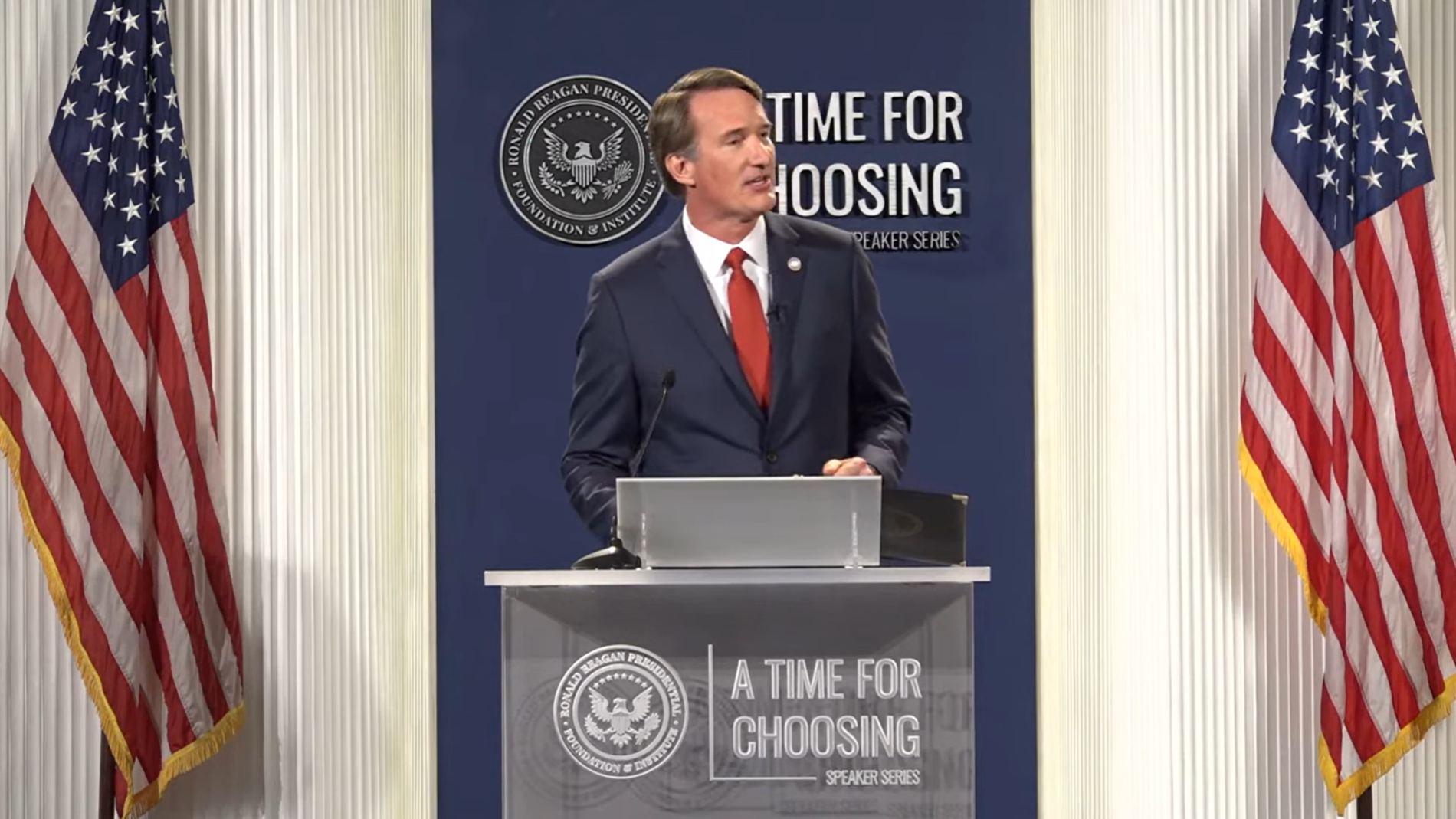
The Wall Street Journal editorial board published the following commentary on December 28, 2023:
Democrats take full if narrow control of Virginia’s Legislature in the New Year, but GOP Gov. Glenn Youngkin is still pressing ahead with a tax reform to help the state’s economy.
Mr. Youngkin unveiled his plan last week ahead of January’s legislative session. The centerpiece is a reduction in Virginia’s income-tax rates, which are high compared to its neighbors. He wants to cut the top rate to 5.1% from 5.75% on earnings above $17,000, with similar cuts in each of three lower brackets.
This compares to North Carolina’s flat income tax of 4.75% and Kentucky’s 4.5%. West Virginia had a higher rate until its Legislature this year cut its top income tax rate to 5.12% from 6.5%, while the lowest rate fell to 2.36%. Tennessee has no income tax.
Mr. Youngkin’s cuts are offset by a proposed increase in the sales tax, which would rise to 6.2% from 5.3% for most of the state, including both state and local levies. The bump would apply to retail goods and services as now, and it would extend the sales tax to digital products like streaming video and ebooks. That would place Virginia among the more than 20 states that tax digital services like all others.
Trading income tax cuts for a higher sales tax is a compromise from the Governor’s starting point. Mr. Youngkin campaigned on cutting the income-tax rate in 2021, but a majority of legislators would offer only a one-time tax rebate, despite budget surpluses in 2022 and 2023. The sales-tax hike is meant to quell fears that cutting the income-tax rate will squeeze the state budget.
The proposed reforms would be a big net tax cut, returning $589 million to Virginia’s economy in 2026. And unlike in most other recent tax-cutting states, the reductions would kick in after the first budget cycle instead of being phased in over a longer period.
